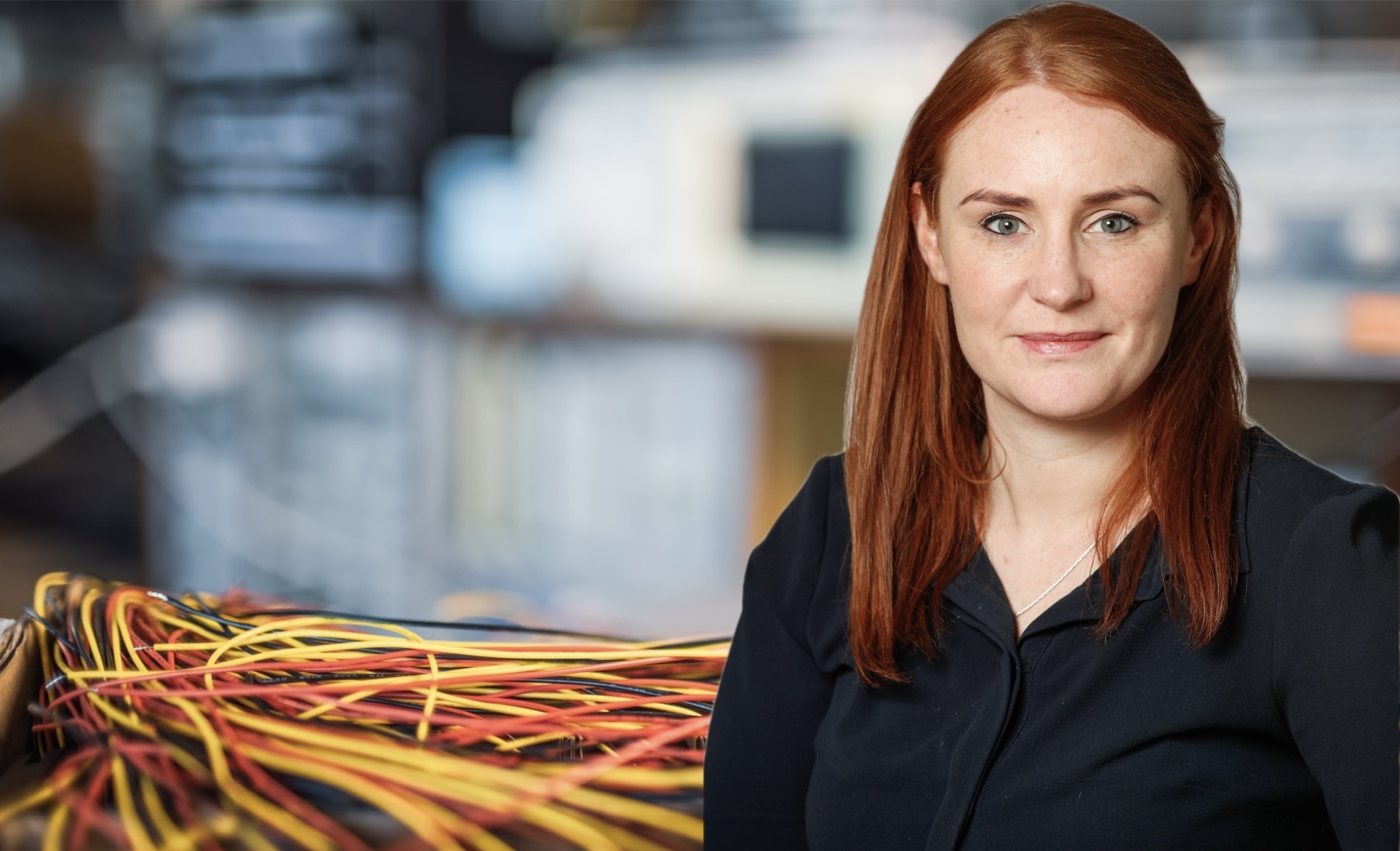CIF Director of Specialist Contracting Denise Tuffy highlights the significant role that Ireland’s Mechanical and Electrical (M&E) sector plays in the industry. Being well represented among this year’s Top 50 Contractors this sector is a good example of what can be achieved when Irish construction companies are given the opportunity and pipeline to grow and develop
The M&E sector in Ireland has excelled, particularly in terms of exports. Their success has been driven by their capacity to develop sufficient pipeline encompassing excellence in delivery, the adoption of digitalisation and the use of offsite construction techniques.
The steady pipeline which has been provided through Foreign Direct Investment companies has enabled the M&E sector to invest in improving their skills, processes, and technologies, positioning them as leaders in construction innovation.
These companies are mature in their understanding of digital technologies, which allows them to be best in class on an international scale.
For many M&E companies performing strongly in the export market, a substantial portion of work is prefabricated off-site in Ireland before being transported to Europe.
This approach not only enhances efficiency but also fosters a robust supply chain that benefits local businesses and stimulates regional employment.
A lot can be learned from these companies particularly in relation to Modern Methods of Construction an area in which they have pioneered.
In terms of the 3D volumetric off-site construction, currently Ireland’s indigenous Irish sector is struggling to secure sufficient pipeline unlike their M&E counterparts.
Many 3D modular companies are dependent on government projects, particularly in the education and healthcare sectors.
For these companies to survive and eventually thrive, they need to scale up their operations. However, scaling requires a consistent and reliable pipeline of work, which is currently lacking.
Supporting these 3D modular outfits is not just an economic imperative but a strategic necessity.
Without adequate support, we risk losing our homegrown indigenous companies. This potential loss at this point, may very well be unrecoverable.
Many of these companies are based in regional areas. Over time skills grow in a locality/region and develop into a veryvaluable innovative workforce.
If we lose these companies, especially now, we lose that potential particularly in regional areas. To secure the future of Ireland’s entire construction industry, we need a long-term, focused approach from government.
This approach should ensure a steady pipeline of projects across all sectors of the industry. By providing this stability, we can move away from the current stopstart nature of projects, which hinders the development of a sustainable business ecosystem.
Stable and predictable support will allow all companies, but particularly SMEs involved in innovation, to grow.
The M&E sector in Ireland exemplifies what can be achieved with adequate pipeline that allows for investment. To ensure the continued success of both established and emerging players in the construction industry, the government must adopt a proactive, long-term strategy.
By doing so, Ireland can develop its position as a leader in construction innovation both on a national and international level, securing significant economic benefits for the country and its regions.








